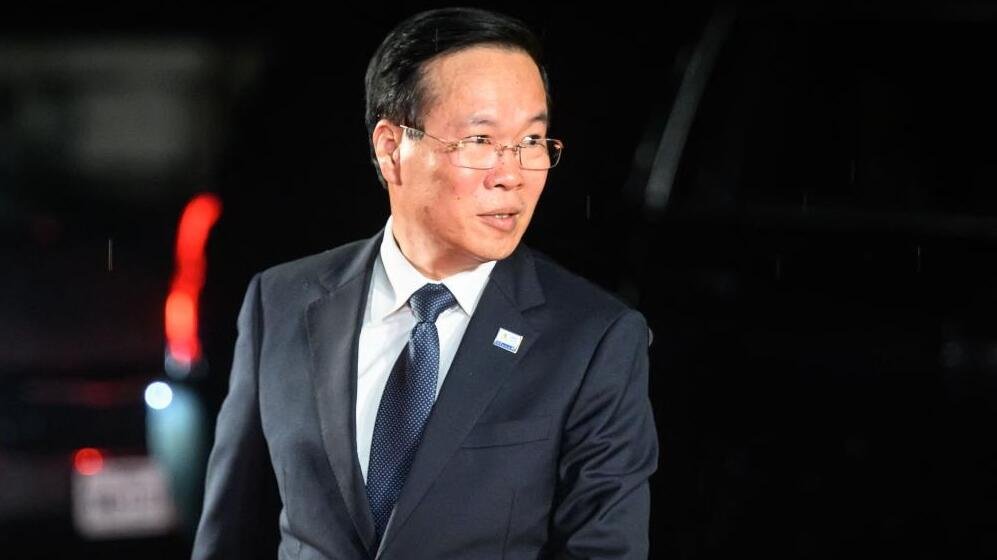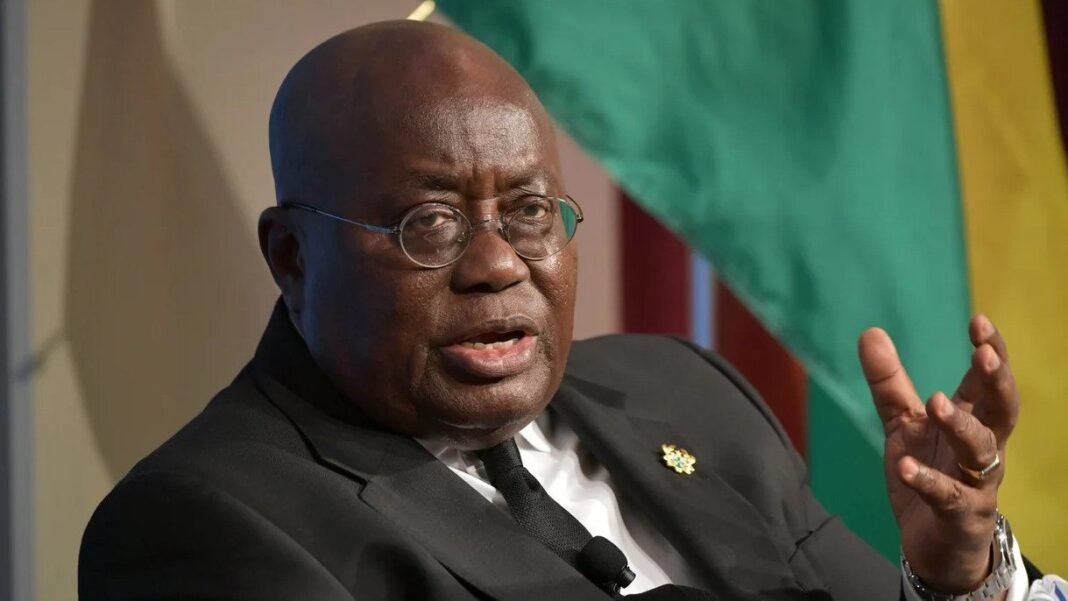Vietnam’s president, Vo Van Thuong, has stepped down after just one year in office. This move comes following a ruling Communist Party meeting where it was stated that he had violated party rules, thereby tarnishing its reputation.
In a nation renowned for the political stability upheld by the party, the resignation of a president marks the second such event in a little over a year. Thuong, aged 53, held the distinction of being the youngest individual to assume the presidency. His tenure, albeit brief, adds him to the list as the shortest-serving president, following the resignation of his predecessor, Nguyen Xuan Phuc, who stepped down after just two years, both implicated in corruption scandals.
The government’s explanation for Thuong’s resignation remains vague, mentioning his breach of party rules and the negative impact on public opinion and the party’s standing. Speculation suggests his departure may be linked to allegations of fraud and bribery involving officials and a property business in Quang Ngai province, where he previously served as the local party leader.
Vietnam’s leadership structure, characterized by collective governance, sees power dispersed among four key positions: president, prime minister, communist party secretary-general, and chair of the national assembly. While the party secretary-general holds the most influence, the presidency serves as a significant step towards assuming party leadership. Thuong, endorsed by the current party chief, Nguyen Phu Trong, now faces an uncertain political future.
The timing of Thuong’s departure raises eyebrows, particularly in light of resurfaced scandals from over a decade ago. Analysts suggest political motives may underpin investigations by the police, potentially reshaping the landscape of Vietnamese politics.
The vacuum left by Thuong’s exit opens the door to a contentious leadership succession, potentially sparking factional strife. This internal turbulence could unsettle foreign investors, crucial for Vietnam’s robust economic growth. Despite concerns, Trong’s relentless anti-corruption drive remains a cornerstone of party policy, albeit at the cost of key officials’ careers and a deepening factional divide.
Corruption poses a persistent challenge across Southeast Asia, with Vietnam navigating its impact within a tightly controlled communist framework. Unlike its neighbors with more open media landscapes and electoral systems, Vietnam’s communist regime lacks such outlets for public discontent, forcing the party to seek alternative means of appeasement.




